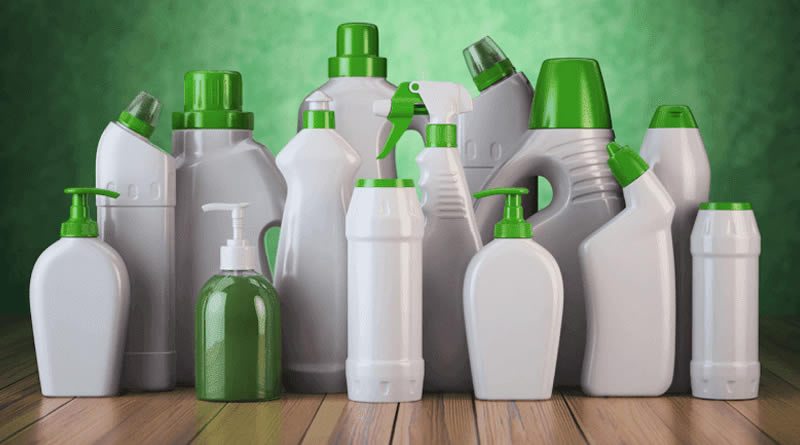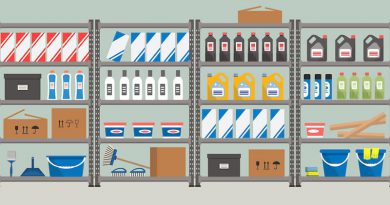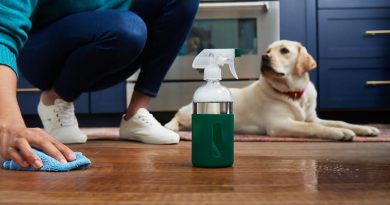Which cleaning materials are natural and environmentally friendly?
Cleaning our homes is an essential task that ensures a clean and healthy living environment. As more individuals become conscious of the impact of traditional cleaning products on the environment and their own well-being, the demand for natural and eco-friendly cleaning materials is on the rise. In this article, we will delve into the world of natural cleaning materials, highlighting their benefits and providing insights into some eco-friendly alternatives.
The Rise of Natural Cleaning Materials
In recent years, there has been a growing interest in natural cleaning materials that are derived from plant-based ingredients and are free from harsh chemicals. These materials offer a more sustainable and environmentally friendly approach to cleaning. They are typically made from renewable resources and do not contribute to air and water pollution as extensively as their conventional counterparts.
Natural cleaning materials often rely on ingredients such as vinegar, baking soda, lemon juice, and essential oils. These ingredients possess inherent cleaning properties that effectively remove dirt, grime, and stains from various surfaces. Additionally, they are considered safer for both the environment and human health, as they do not release toxic fumes or residues that can be harmful when inhaled or in contact with the skin.
The Benefits of Natural Cleaning Materials
Using natural cleaning materials offers several benefits that contribute to a healthier home and a more sustainable planet. Let’s explore some of these advantages:
- Environmental Impact: Natural cleaning materials are biodegradable and do not persist in the environment. They break down into non-toxic substances, reducing the pollution of water sources and minimizing the harm caused to ecosystems.
- Safer Indoor Air Quality: Unlike conventional cleaning products that often contain volatile organic compounds (VOCs) and synthetic fragrances, natural cleaning materials help maintain better indoor air quality. This is particularly important for individuals with respiratory sensitivities or allergies.
- Healthier Living Environment: Natural cleaning materials are generally safer to use around children, pets, and individuals with sensitivities. They minimize exposure to harmful chemicals and reduce the risk of adverse health effects caused by prolonged contact or inhalation.
- Versatility: Natural cleaning materials can be used for a variety of cleaning tasks. For example, vinegar can effectively remove stains from windows and countertops, while baking soda acts as a gentle abrasive for scrubbing sinks and bathtubs.
- Cost-Effectiveness: Many natural cleaning materials are readily available and affordable. With just a few basic ingredients, you can create homemade cleaning solutions that are just as effective as commercial products, saving you money in the long run.
Eco-Friendly Alternatives
Apart from natural cleaning materials, there are also eco-friendly alternatives that come in packaged form, often with certifications such as eco-labels. These products are produced with sustainable manufacturing practices, recyclable packaging, and minimal impact on the environment. They offer convenience and the assurance of using products that meet certain environmental standards.
In summary, the rise of natural and eco-friendly cleaning materials reflects a growing awareness of the importance of sustainability and environmental consciousness in our daily lives. By opting for natural cleaning materials, individuals can contribute to a healthier home environment, reduce their carbon footprint, and minimize the release of harmful chemicals into the environment. Whether through homemade solutions or eco-friendly packaged products, embracing these alternatives allows us to clean our homes while prioritizing the well-being of our planet.




